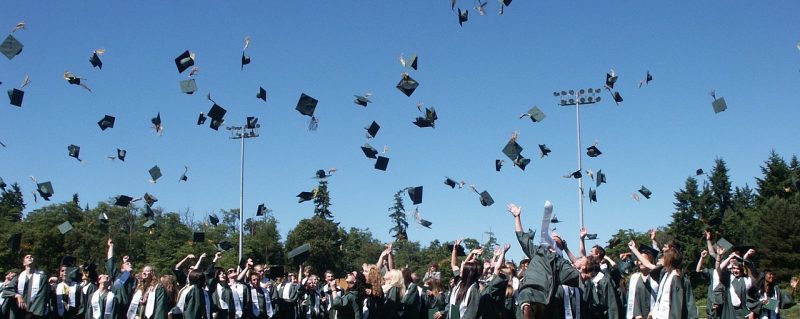Forensic science is the application of scientific knowledge and methodology to criminal investigations and legal problems. Forensic Science is a multidisciplinary subject, involving various fields of science such as chemistry, biology, physics, geology, psychology, social science, engineering, etc. Forensic science has evolved beyond just fingerprint collection or DNA analysis. The field has evolved with time and technology and consists of various sub branches such as Digital Forensics, Cyber Forensics, Forensic Linguistics and Forensic Psychiatry. If you have been fascinated with crimes and science, this is a perfect field for you. Here are five undergraduate courses one can pursue in the field of forensic science.
1. B.Sc in Forensic Science
Bachelor of Science in Forensic Science is a 3 year degree one can pursue upon completion of 12th grade from a science group. The course is a great choice for those who have a good understanding of biology and chemistry, inquisitive minds, proper analytical and observation skills and an eye for detail. One should also be mentally and emotionally strong as forensic scientists tend to work mostly in crime scenes.
The course consists of Chemistry, Physics, Biology, Environmental studies, Mathematics & Statistics, Computer science, Forensic science & Criminalities, Law for Forensic scientists, and Instrumentation and Investigation techniques. This is a hands-on course as it mandates practical application of all the subjects. Students can find jobs as Crime Laboratory Analyst, Forensic Scientist, Drug Analyst and Crime Scene Investigator. One can take up many other specific jobs such as Forensic Serologist, Forensic Psychiatrist and Forensic Linguist based on the specialization one chooses to pursue.
2. B.Tech in Cyber Security and Forensic
Bachelor of Technology in Cyber Security and Forensic is a 4 year graduate course that is highly essential in today’s internet oriented lifestyle. Cyber security is a necessity in our world where everything from banking to governance is digitised and networked. This course is a great choice for the students who are tech geeks, logical and practical thinkers, and innovative with their problem analysis.
Apart from the basics of all B.Tech courses such as Mathematics, Physics, Chemistry and Computer Science, the course focuses on Data structures, Digital principles and system design, Java programming, System software and Design and analysis of algorithms. A student upon graduation can work as Cyber Forensics Solutions Architect/Tech Consultant, Cyber Forensics planning and expansion specialist, Cyber forensics malware analyst /examiner/engineer, Cyber Security Architect, Cyber security administrator, and Information Security Analyst. One can also find a job in Government cyber organizations and National organizations such as DRDO and ISRO.
3. Diploma in Fingerprint Examination
Diploma in Fingerprint Examination is a 6 month course that deals with the most basic and one of the essential aspects of Forensic science. The core subjects of the course are, the Science of Fingerprint, Fingerprint Record and Taking, Fingerprint Development Techniques, Identification and Comparison of Fingerprint, and Computer Aided Technique for Identification, Analysis and Comparison of Fingerprint.
Upon completion of the diploma, the student can work as Crime Technician, Fingerprint Examinee, Crime scene analyst, Computer Evidence recovery technician and Forensic Lab assistant.
4. Diploma in Document Examination
A Diploma in Document examination is a 6 month course one can pursue after highschool. Students will learn about handwriting identification, print process identification, and examine signatures. The most common type of questioned document examination involves identifying the authorship of a written letter. It is also common for forensic document examiners to determine if an item originated from the same source as a known item, determine when a document was produced, and decipher information on a document that has been erased, hidden, or obscured. Document examiners also examine signatures to see if they have been forged or altered. These are highly helpful in criminal cases and in court houses.
One can pursue an advanced diploma in document examination on finishing this course, or take up jobs with the forensic science department, criminology department or as an independent consultant.
5. Certificate Course in Forensic Science
Certificate course in Forensic science is usually a one year course that educated students who want to pursue a laboratory career in the forensic sciences. The student must be good in science and also possess analytical, critical, logical and scientific thinking. The course focuses on Survey of Forensic Science with Lab, Forensic Chemistry with lab, Forensic evidence & Analysis, Forensic Biology, and Forensic Biochemistry. The field of forensic science is interdisciplinary and requires significant academic and laboratory training in the natural sciences. The overall goal of the program is to deliver further technical preparation to become a working forensic scientist
A student with an undergraduate certificate in Forensic science can work in government crime laboratories and regulatory agencies, private forensic labs, and pharmaceutical companies.

